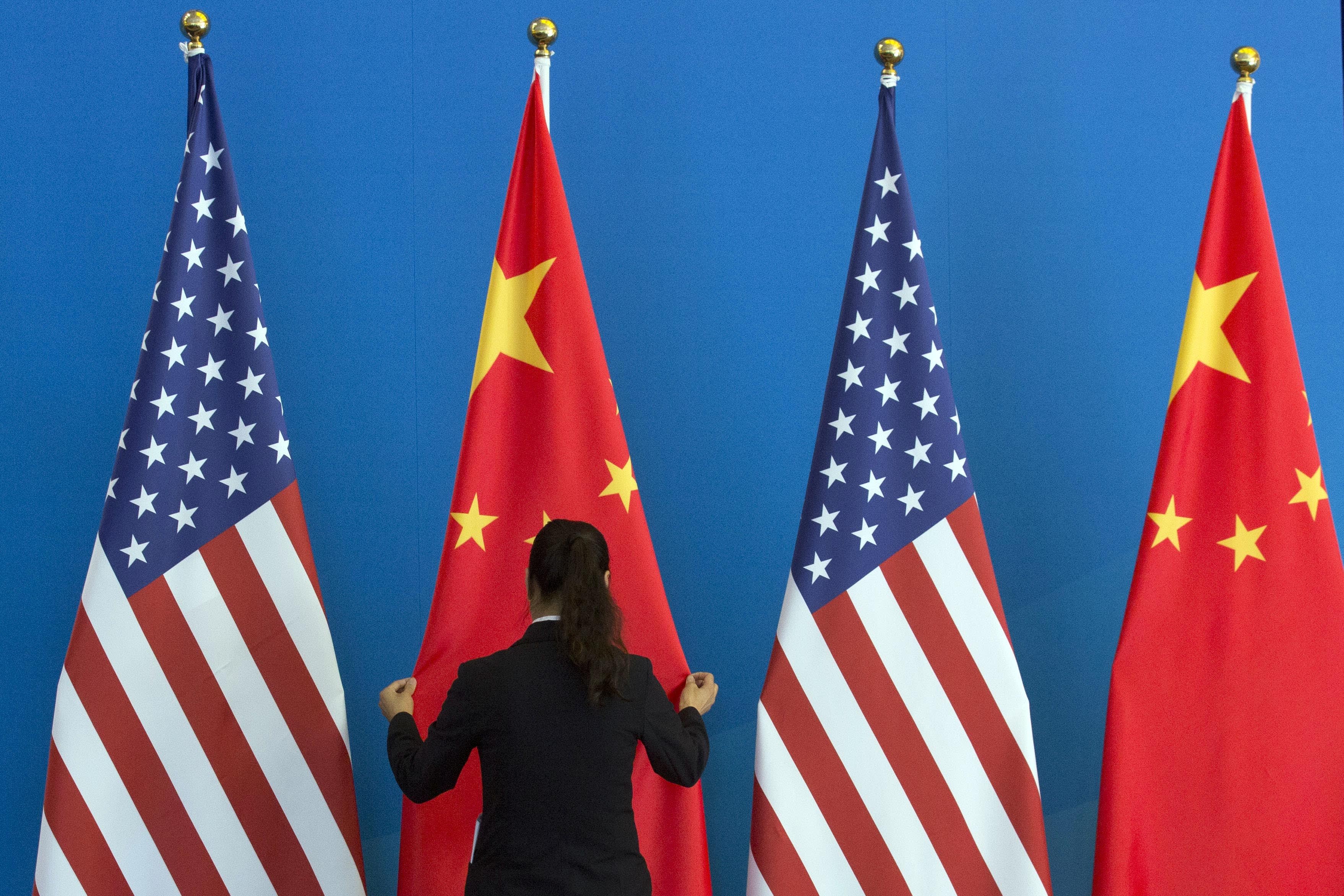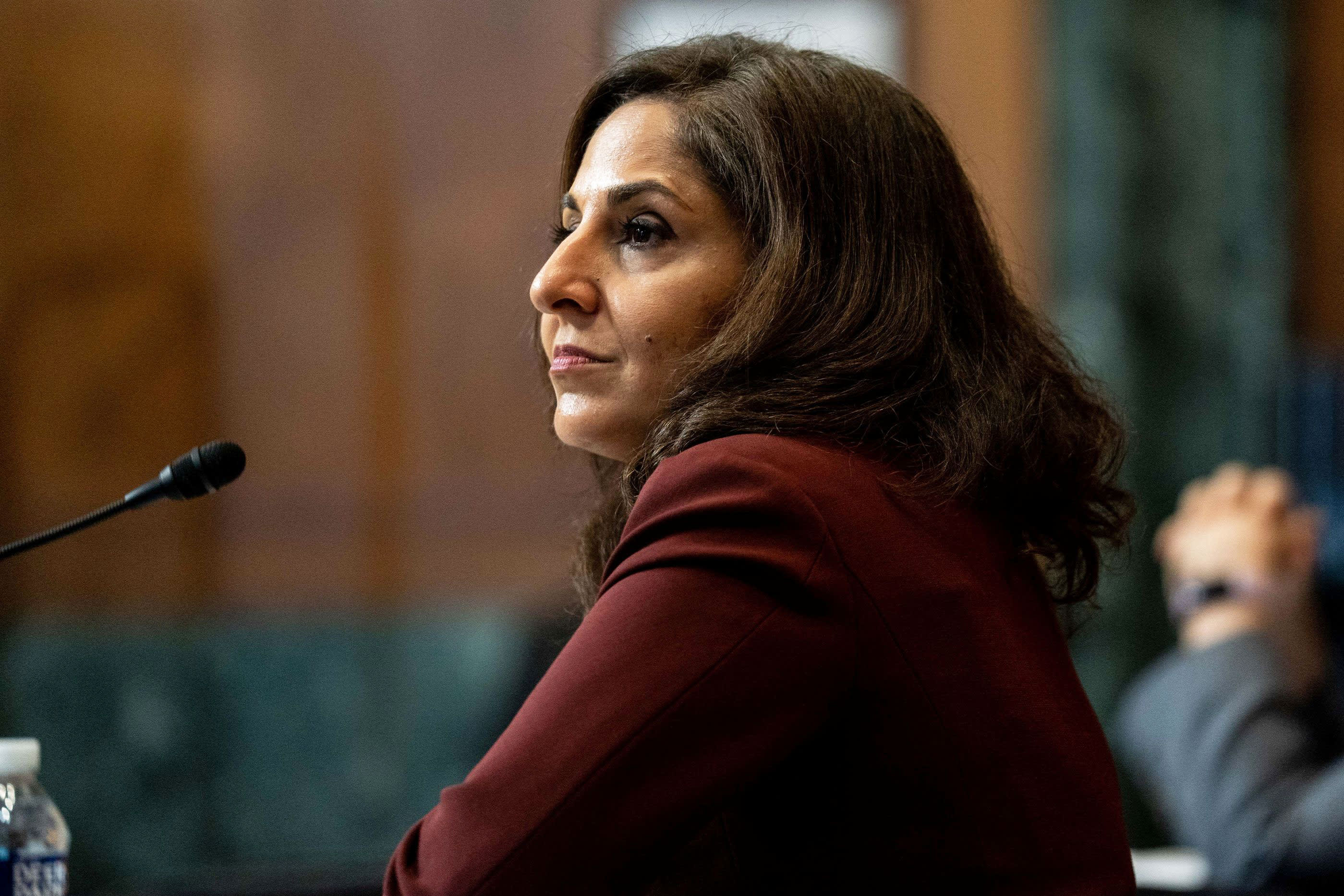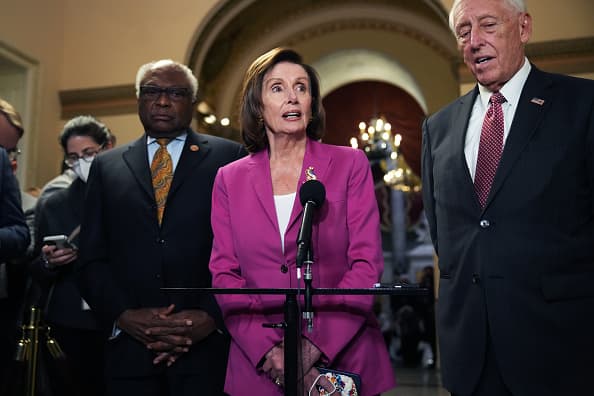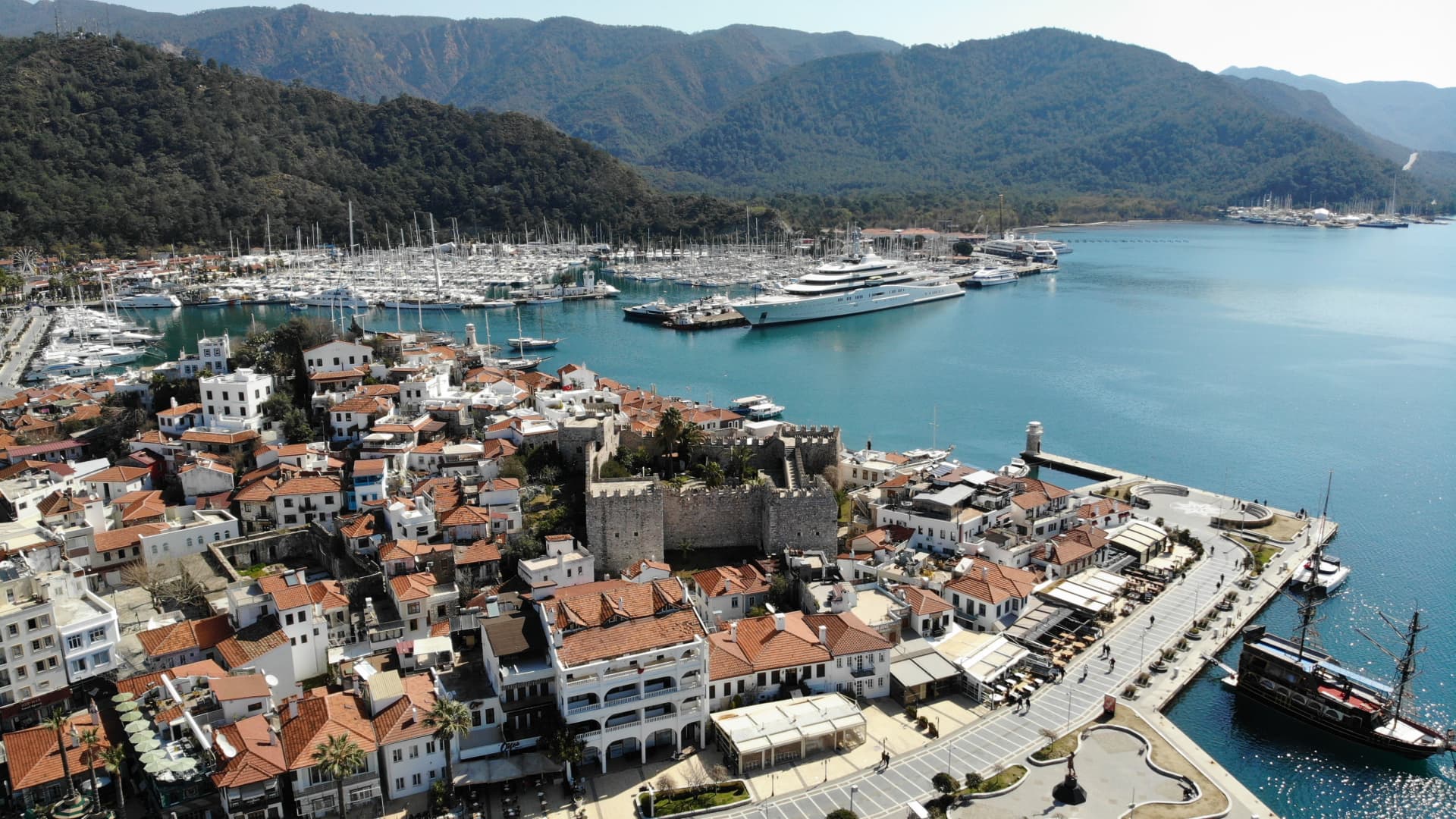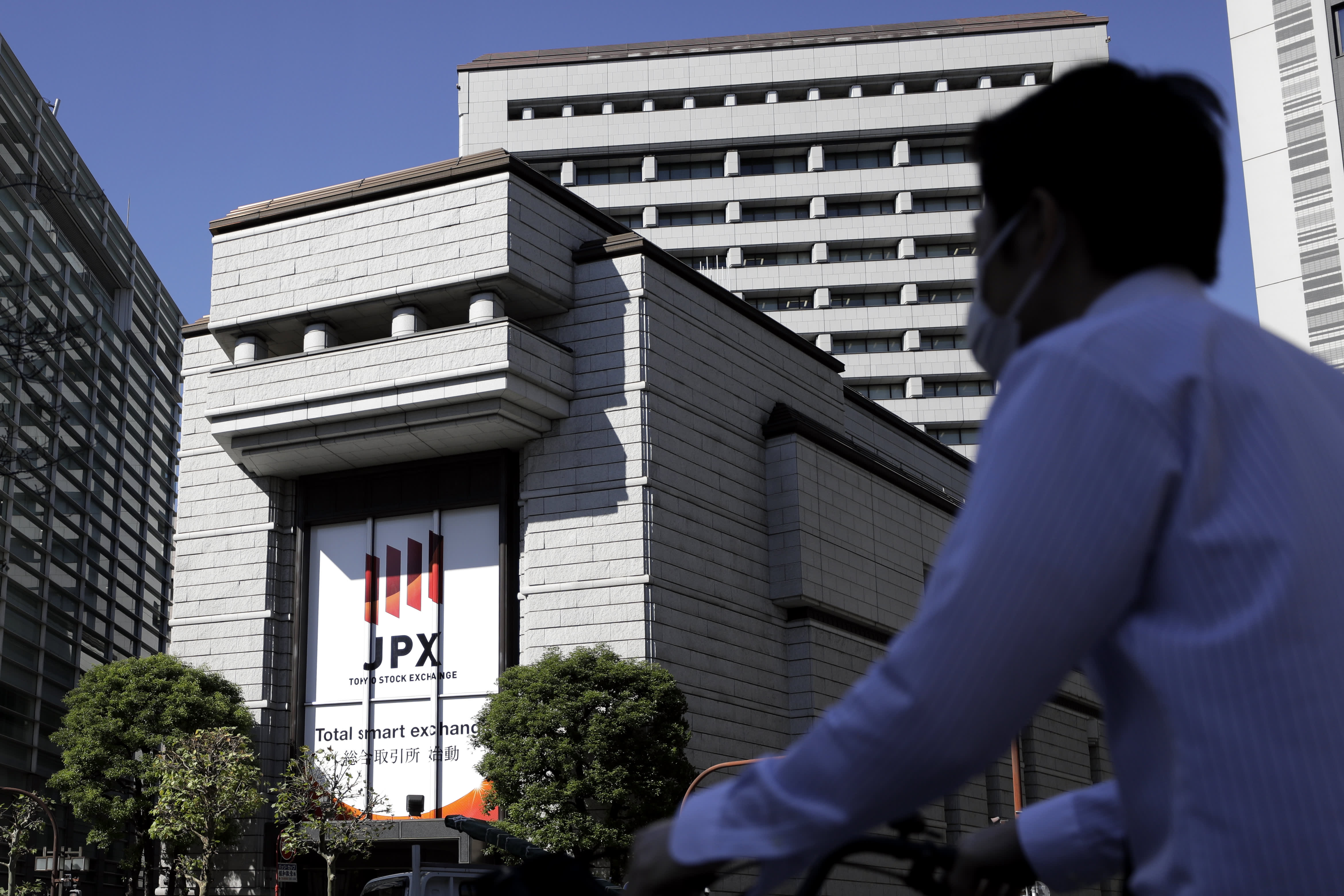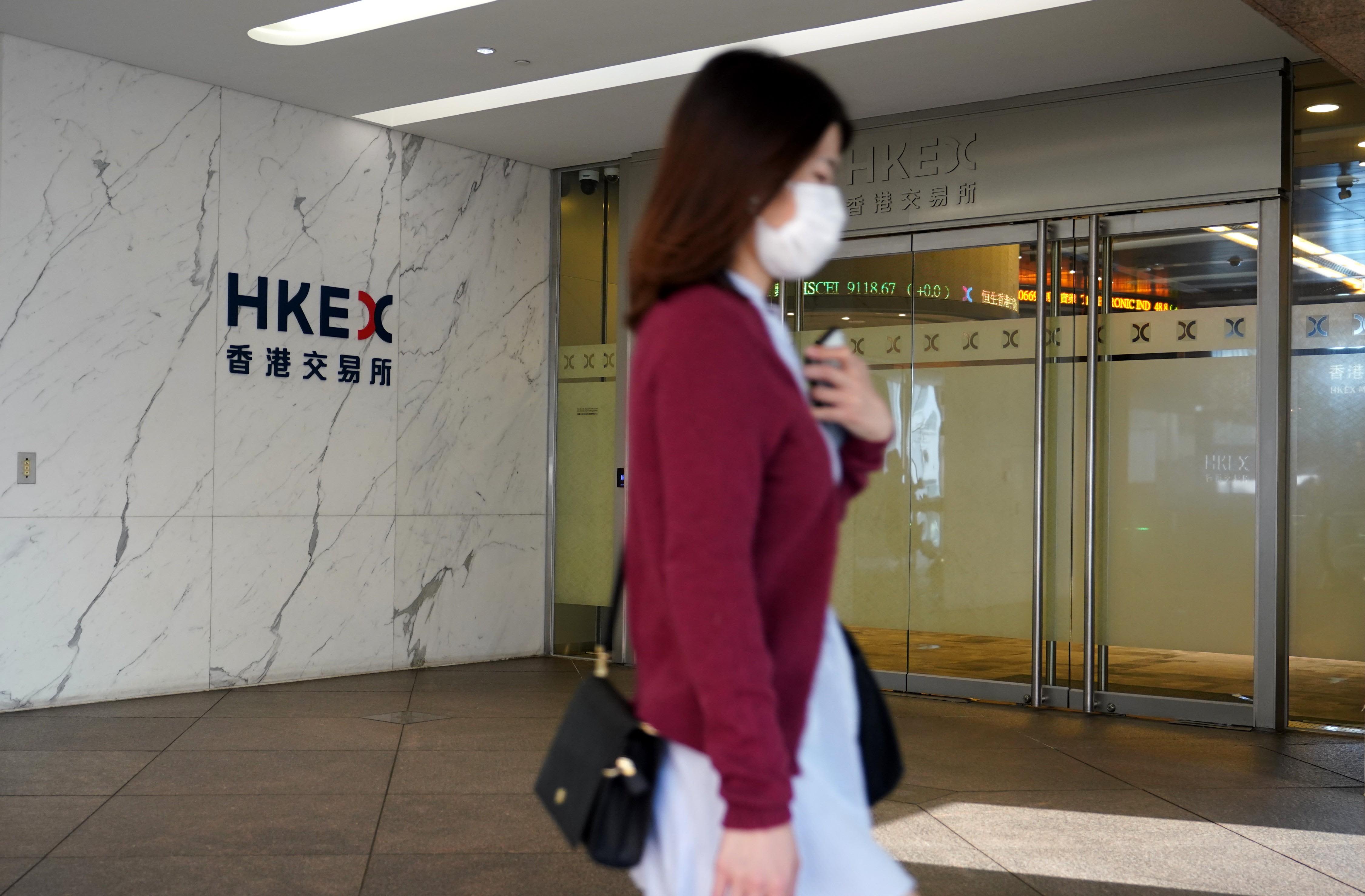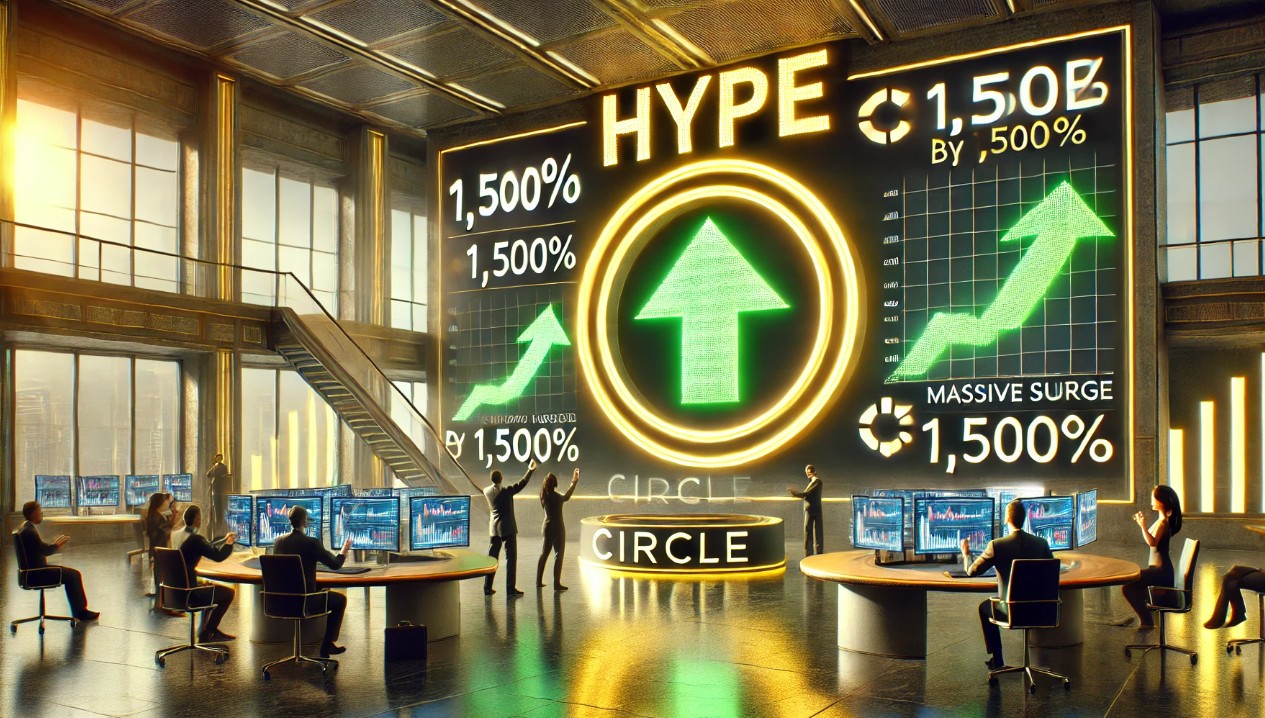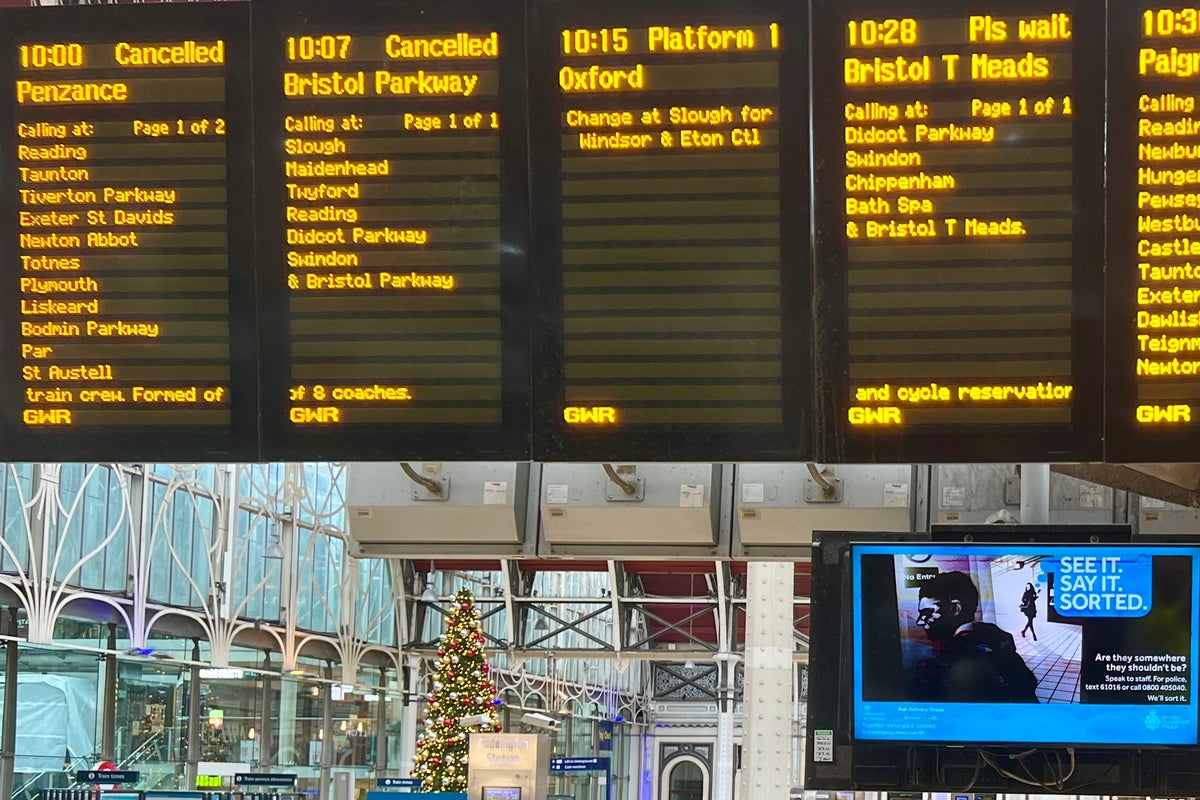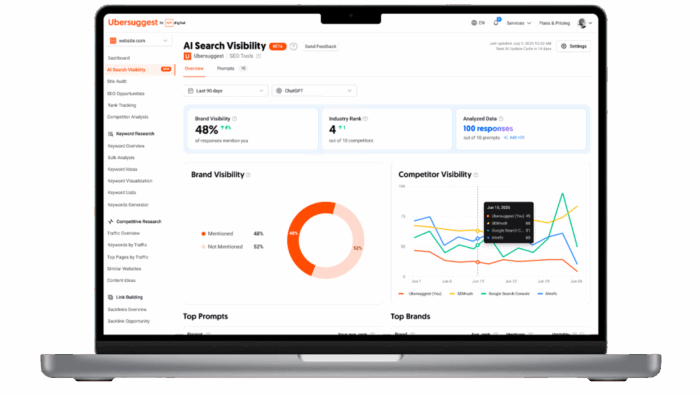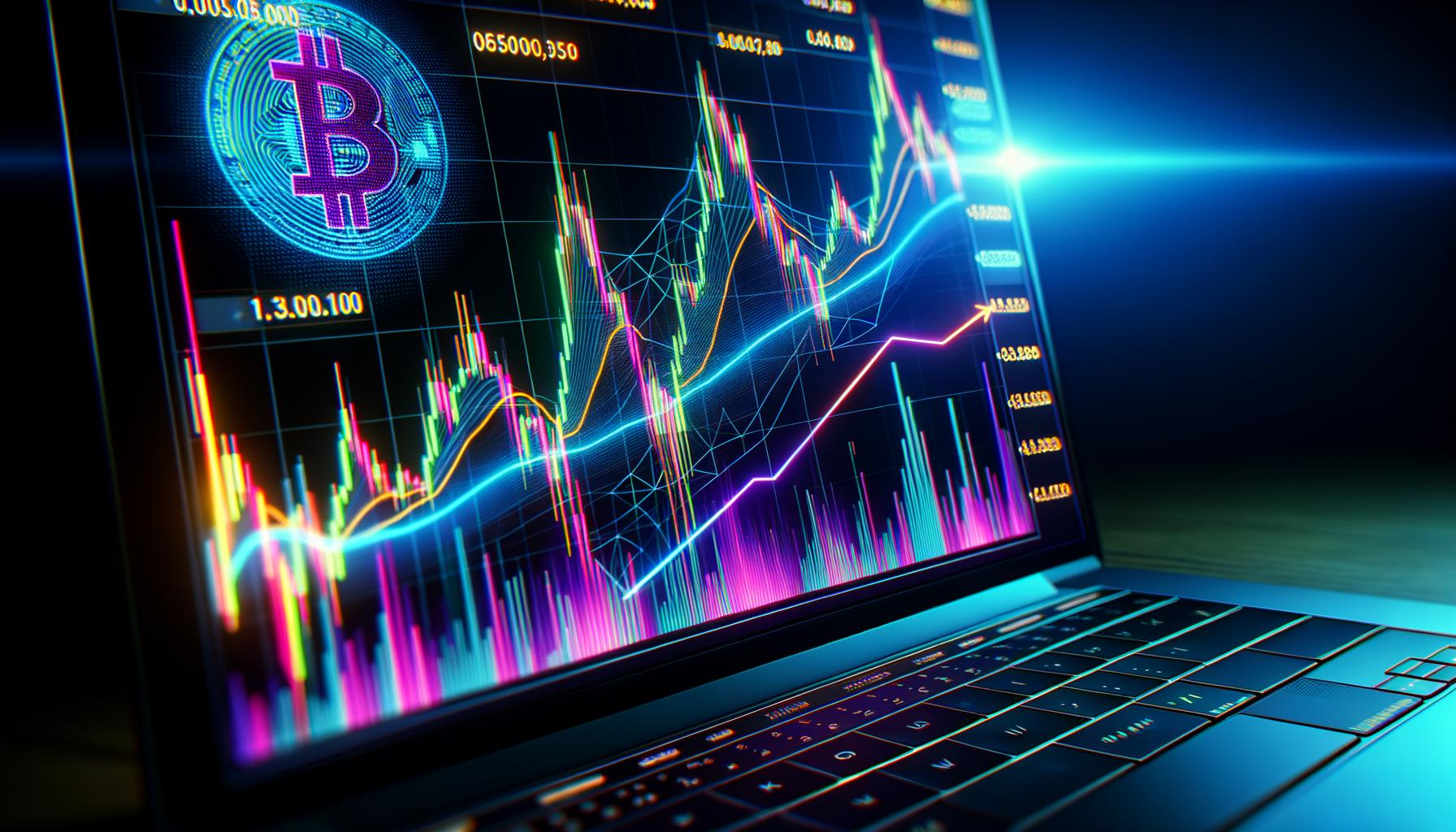France defends its ‘big nuclear adventure,' says it is influenced by geopolitics
The move controversially places atomic power at the center of France's bid to achieve carbon neutrality by the middle of the century.
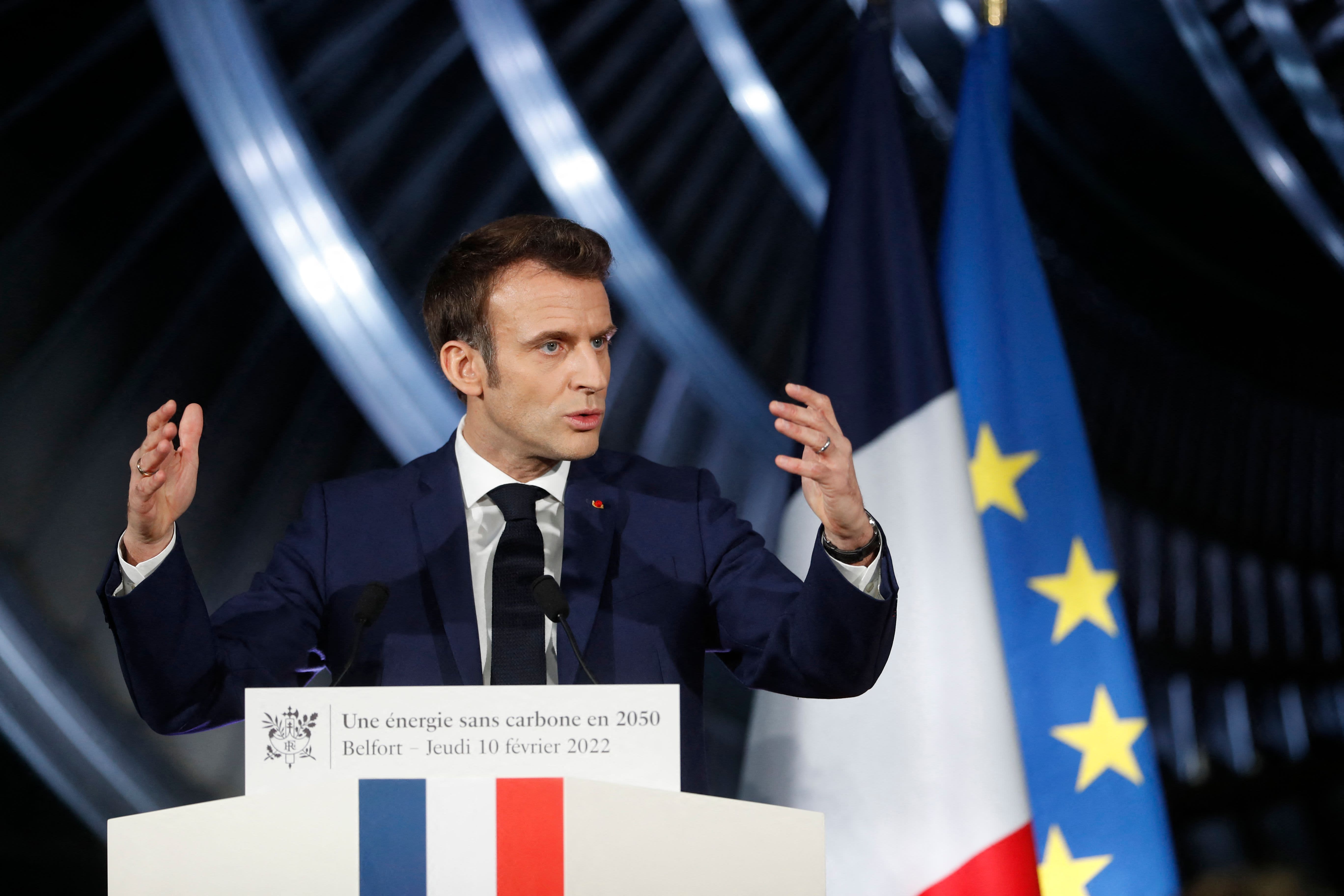
French Finance Minister Bruno Le Maire told CNBC on Friday that the country's decision to bet big on nuclear power was driven by geopolitical concerns and the desire to achieve "total energy independence."
His comments come shortly after French President Emmanuel Macron pledged to build at least six new nuclear reactors in the decades to come, with the option for another eight. The move controversially places atomic power at the center of France's bid to achieve carbon neutrality by the middle of the century.
Speaking to CNBC's Charlotte Reed on Friday, Le Maire described the move as "the most ambitious plan for France over the last decades."
He said scientific analysis seen by the government last year had shown it was necessary to build new nuclear plants and accelerate the deployment of renewable energies to reduce carbon emissions and achieve "total energy independence."
Policy shift
The French government's buildup of its atomic power program marks a stark policy shift from the start of Macron's presidency when he committed to reducing the share of nuclear power in the country's energy mix.
Asked whether geopolitical concerns had prompted this reversal, Le Maire told CNBC: "Of course, the changes in the geopolitical landscape [have] played a key role."
French President Emmanuel Macron delivers a speech in Belfort, eastern France, on February 10, 2022.
JEAN-FRANCOIS BADIAS | AFP | Getty Images
Alongside soaring energy prices, escalating tensions between Russia, Ukraine and the West in recent months have heightened concern about the future of Russian gas flows to the European Union.
Lawmakers and energy providers have scrambled to prepare contingency plans in the event of a full supply disruption of Russian gas to the EU — which receives roughly 40% of its gas via Russian pipelines, several of which run through Ukraine.
Climate concerns
Speaking on Thursday with the presidential election just two months away, Macron said the new nuclear power plants would be built and developed by state-controlled energy giant EDF and tens of billions of euros in public financing would be channeled to support the projects.
"We need to pick up the mantle of France's big nuclear adventure again," Macron said.
Ahead of the announcement, the French government had lobbied to successfully get the European Commission, the EU's executive arm, to label nuclear power as "green."
The EU's decision to designate nuclear power as a climate-friendly power source has been sharply criticized by some member states, with environmental campaigners saying the move "makes a mockery" of the EU's desire to position itself as a sustainable finance leader.
The Green presidential candidate, Yannick Jadot, said via Twitter on Thursday that Macron's move would condemn France to "energy and industry obsolescence," adding that it was "irresponsible" to push ahead with the plans "without any debate and for a cost equivalent to the budget of the public hospital."
Asked whether it was pertinent for the French government to prioritize nuclear power, Le Maire emphasized that the strategy was based on a mix between renewable energies and nuclear plants.
He added: "We are explaining to the French people: This is our strategy. If you want to work in the nuclear plants, if you want to be an engineer … you could do it [and] you should do it because there is a future for the nuclear plants in France and also everywhere in the world."

 KickT
KickT 







